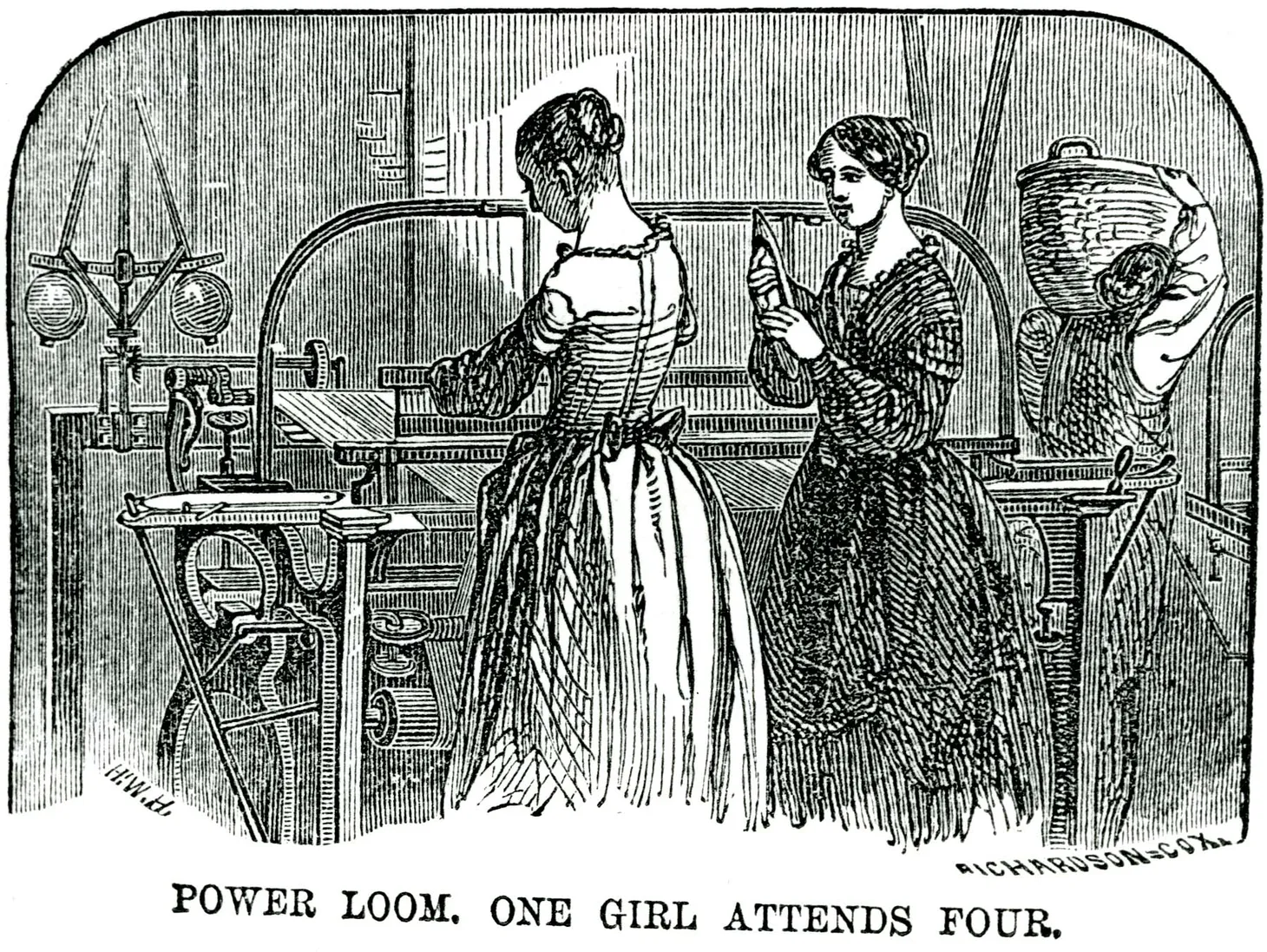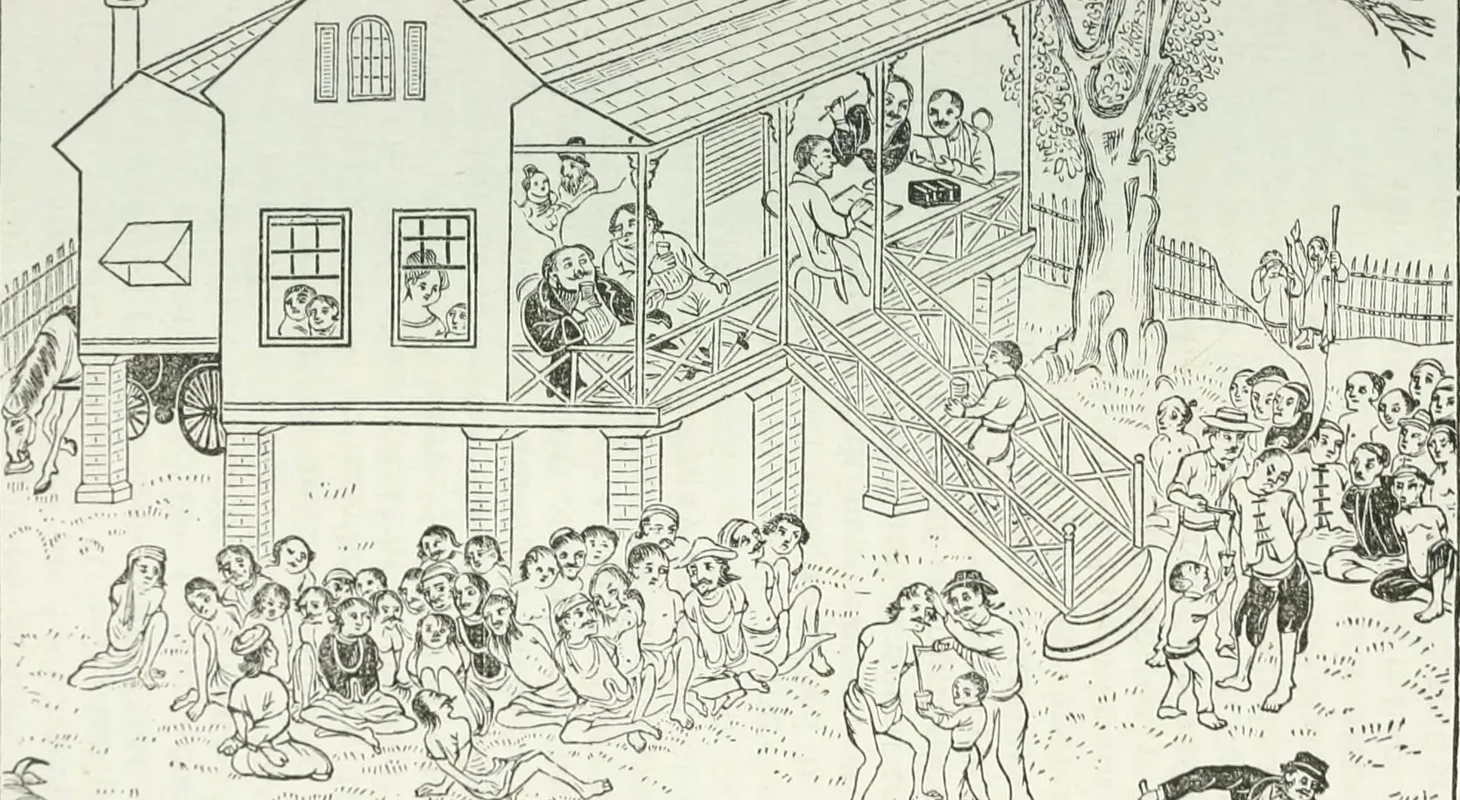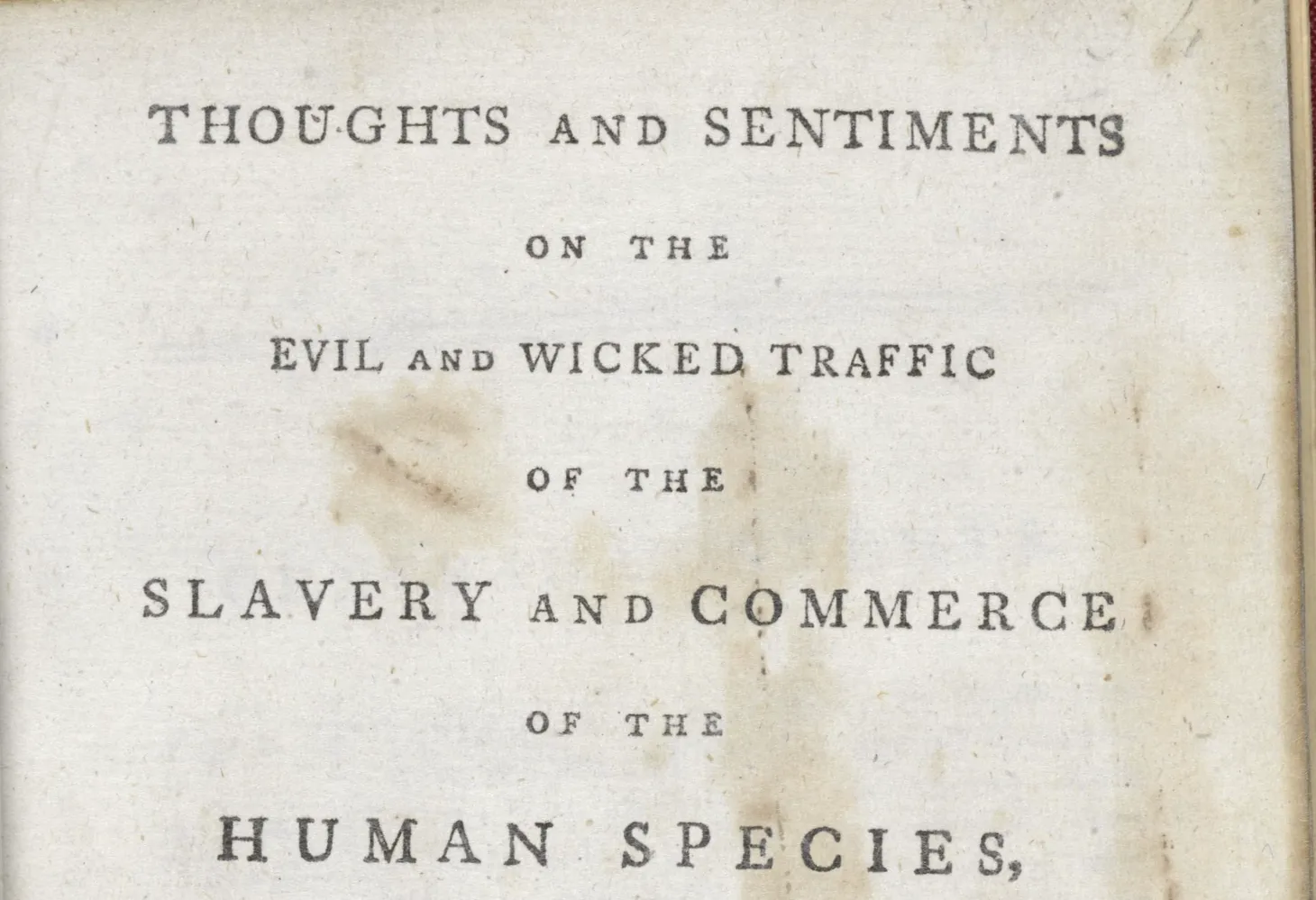“The Young Man Loved Jaffa”: Ottoman Palestine in the Late Nineteenth Century
Discussion of teaching late nineteenth-century Ottoman Palestine

The late Gore Vidal frequently commented that Americans lived in the United States of Amnesia and didn’t remember anything. His quip could just as easily be applied to present-day Israel and Palestine since many people have forgotten how Christians, Jews, and Muslims lived in late Ottoman Palestine. Having grown up in a world dominated by media coverage and books about the “Israeli-Palestinian conflict,” present-day students often assume that conflict always existed. The reality is a different world existed before the conflict.
Instead of approaching this topic as the first lesson on Israelis and Palestinians, we can focus on Ottoman Palestine as an illustrative example of the transformations in the late Ottoman Empire. In the second half of the nineteenth century and the early twentieth century, the indigenous inhabitants of Ottoman Palestine were similar to many other Ottoman subjects. Like much of the Ottoman Empire, nineteenth-century Ottoman Palestine was religious and ethnically diverse. Its inhabitants both maintained many existing traditions and wrestled with growing European influence. We can also see how Ottoman Palestinians, and Ottoman subjects in general, developed their own identity and vision of modernity.
The Ottoman Middle East in the Late Nineteenth Century
This content is for Paid Members
Unlock full access to Liberating Narratives and see the entire library of members-only content.
SubscribeAlready have an account? Log in



